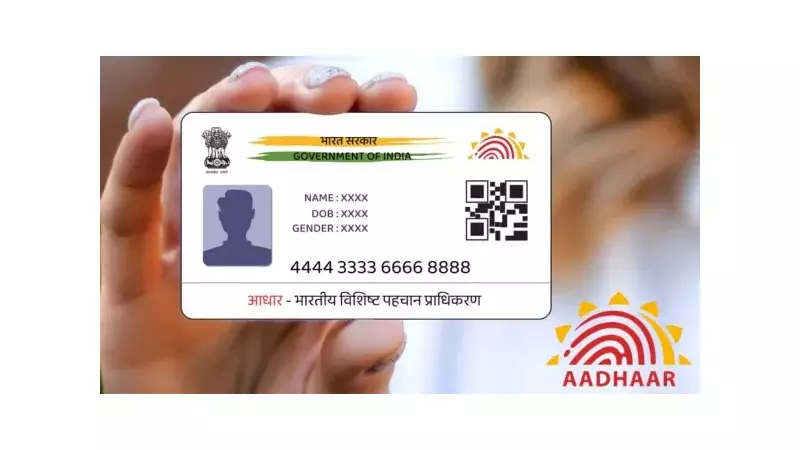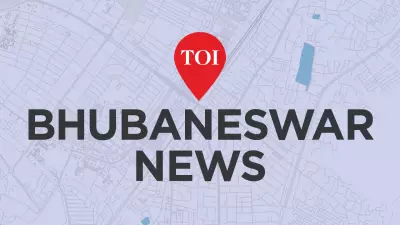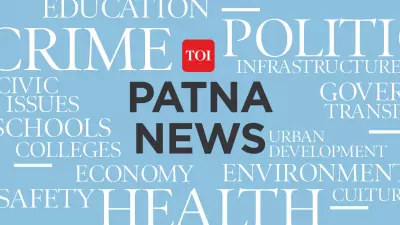
In a significant ruling that protects student rights, the Meghalaya High Court has delivered a clear verdict: state authorities cannot make Aadhaar cards mandatory for Scheduled Caste and Scheduled Tribe students seeking benefits under the Post-Matric Scholarship Scheme.
The judgment came during hearings of a petition filed by students from the North Eastern Hill University (NEHU) who faced scholarship denial due to lack of Aadhaar documentation. The court emphasized that the unique identification document cannot become a barrier to education access for marginalized communities.
Court's Firm Stance on Student Welfare
Justice W. Diengdoh, presiding over the case, made the court's position unequivocally clear. The bench stated that while Aadhaar serves as valid identification, it cannot be imposed as an absolute requirement that prevents deserving students from accessing government scholarships.
The court specifically directed the state government to process all pending scholarship applications without insisting on Aadhaar submission. This immediate relief ensures that academic pursuits of affected students won't face unnecessary disruption.
Broader Implications for Educational Access
This ruling sets an important precedent for educational equity across India. By removing the Aadhaar barrier, the court has:
- Protected the educational rights of underprivileged students
- Prevented technical documentation from hindering access to benefits
- Ensured government schemes reach their intended beneficiaries
- Upheld the spirit of inclusive education policies
The judgment acknowledges that many students from remote and tribal areas often face practical challenges in obtaining Aadhaar cards, and such administrative hurdles should not cost them their educational opportunities.
Way Forward for Scholarship Administration
While the court has prohibited making Aadhaar mandatory, it has encouraged students to obtain the identification document for future convenience. However, the ruling ensures that alternative documentation remains acceptable for availing scholarship benefits.
This balanced approach maintains the government's identification objectives while safeguarding student interests, particularly those from communities that the scholarship schemes are specifically designed to support.





